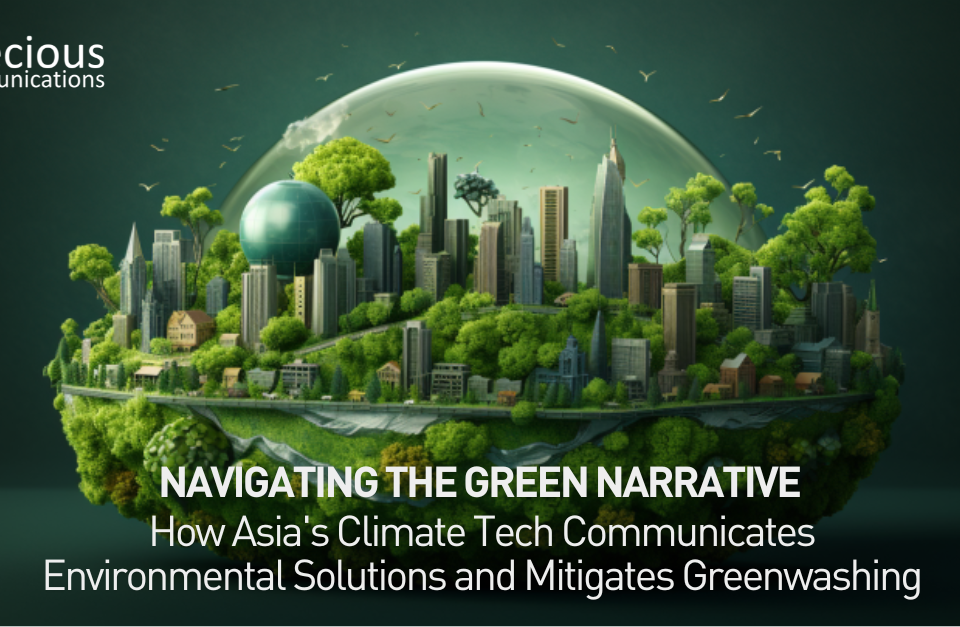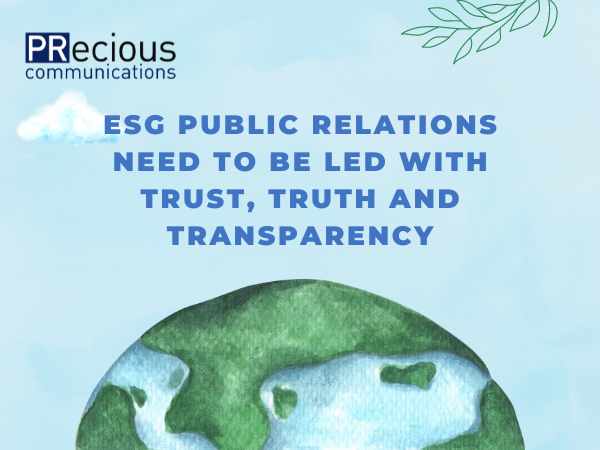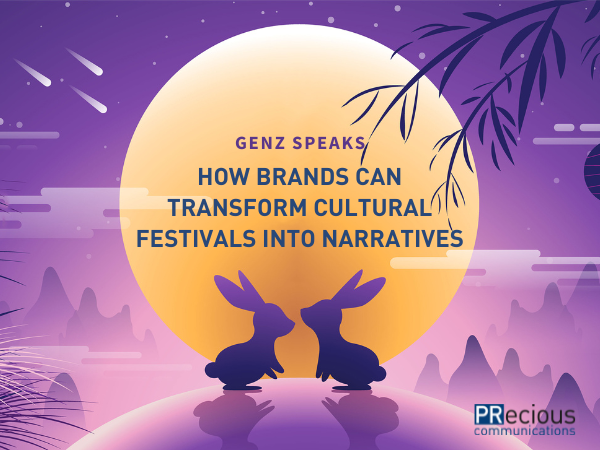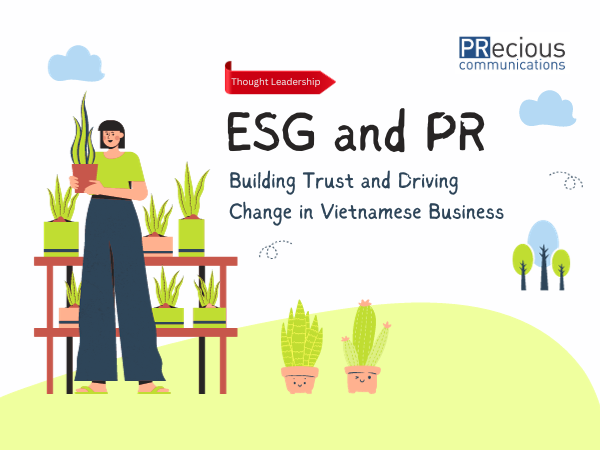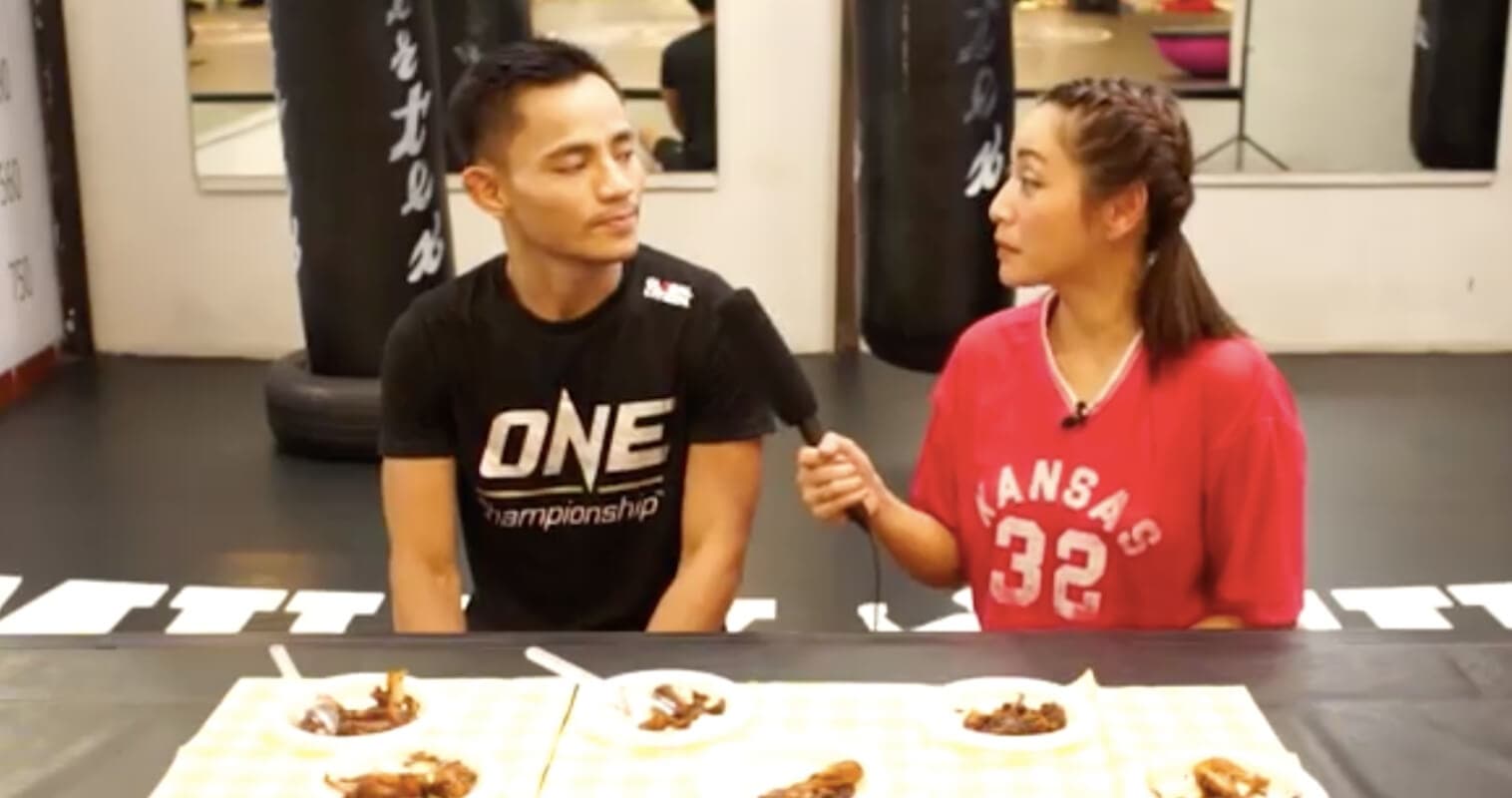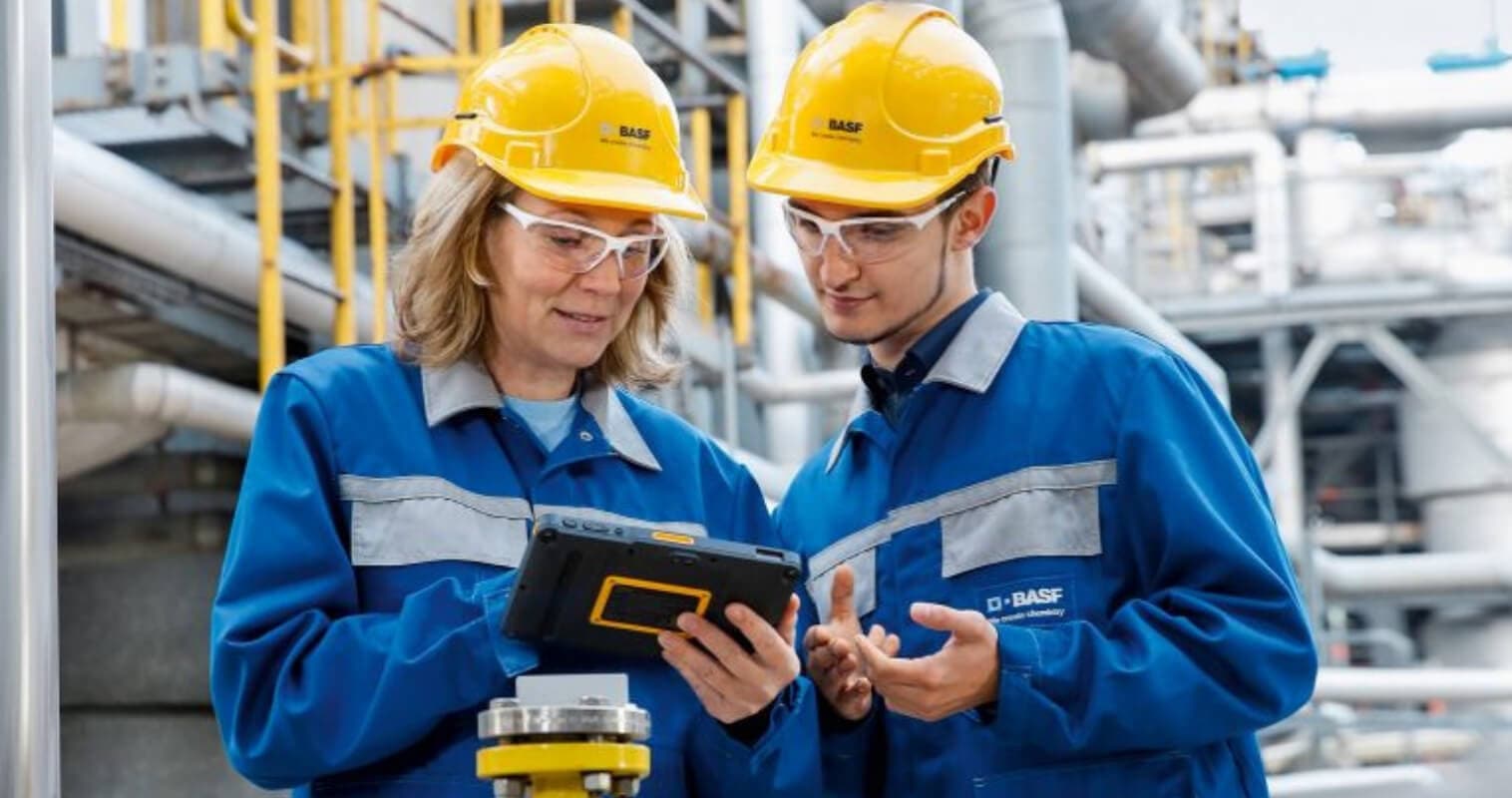Public Relations Isn’t Considered an Essential Job – and That’s Okay

Public Relations 101 – Storytelling for Startups and Enterprises
June 22, 2020
Southeast Asia Connect – Covid-19 Winners
June 24, 2020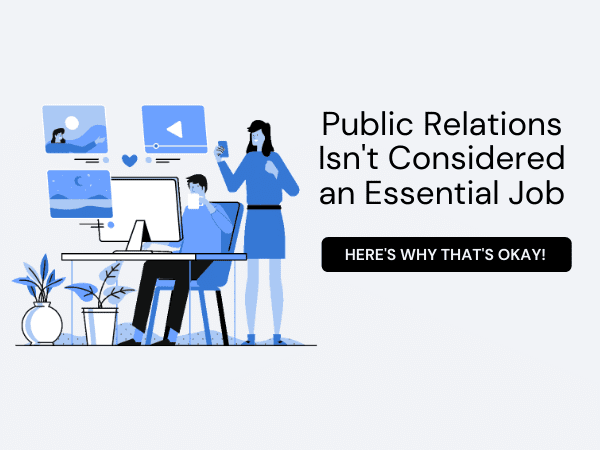
When it comes to the public relations profession, most often it is our job to stay in the background and let others and their stories shine.
A lot of talk about the recent article by The Straits Times is about essential and non-essential jobs. Public Relations didn’t rank high on the list. A surprise? Not really. Lars Voedisch, Founder and Managing Director commented on it on Marketing Interactive. Here are his more comprehensive thoughts.
Let’s look at the article from the perspective of the context – what is considered more or less essential in a pandemic. Let’s link that to Maslow’s hierarchy of needs and it is obvious that certain professions like Doctors or hawkers are ranked very high and others lower.
At the same time, we also have to think about the effect of social desirability bias – describing the tendency of survey respondents answering questions in a manner that will be viewed favourably. These tendencies can be elevated by mainstream media reporting on certain professions recently.
The survey makes a good headline in the Singapore context – praising the importance of our hawkers and cleaners, etc. When it comes to the Public Relations profession – I am sure not many people really know what it is about and how crucial it could be to properly frame, phrase, and disseminate messages around appropriate behaviour during a pandemic. Let’s be honest: There are not many popular PR professionals out there and those who are, people like Kellyanne Conway, don’t really do our job a big favour as it puts us in the ‘spin doctor’ corner.
So maybe this is a wake-up call that the PR industry has to do a better job in marketing itself properly. But let’s also admit that most often it is our job as PR professionals to stay in the background and let others and their stories shine. Therefore, we will never be as popular as the directly life-saving frontline of doctors and nurses. And that’s okay!
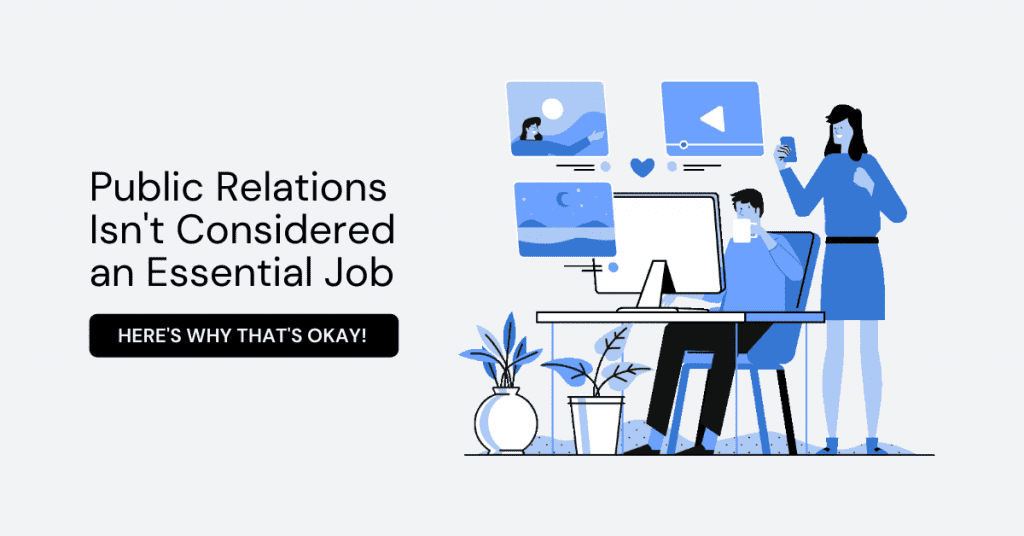
When it comes to the public relations profession, most often it is our job to stay in the background and let others and their stories shine.
Diving into the Survey Design
The company doing the research, Milieu Insight shared more about their methodology and we are summarising it below.
- Methodology: Online (Milieu panel)
- Sample Size: n=1,000
- Target Audience: Singapore adult population (residents and citizens), aged 16 and above
- Field Work Dates: June 12th to 15th, 2020
- Survey Duration: 19 questions (approx 5 mins)
- Margin of Error: +/- 3% at a 95% confidence level
The Sunday Times “essential workers” poll included 19 questions. Most of the questions in the survey addressed current perceptions and attitudes towards low-wage essential workers in Singapore, such as cleaners or security guards, and whether there is support for paying them more. Understandably, much of the focus has been on the data points related to essential vs non-essential jobs, and we’d like to offer clarity on how, exactly, these questions were asked.
First, respondents were prompted with the following definition at the beginning of the survey – “In this survey, we’re going to be asking your opinion about the essential workers in Singapore. By “essential workers” we mean someone who is engaged in work deemed necessary to meet the basic needs of human survival and well-being, such as food, health, safety and cleaning.”
The following list was displayed to respondents for both questions. The response list was also randomised, meaning each respondent saw a different ordering of the jobs list.
- Artist
- Cleaner
- Construction worker
- Business consultant
- Corporate lawyer
- Deliveryman
- Doctor
- Engineer
- Garbage collector
- Hawker
- Human resource manager
- IT technician
- Nurse
- Politician
- PR specialist
- Security guard
- Social media manager
- Teacher
- Telemarketer
- University professor
Adding More Context Would Have Been Helpful
It’s also important to highlight that respondents were not shown an exhaustive list of jobs, nor were they allowed to key in an open-ended response. They were shown a shortlist of 20 jobs/professions.
Looking at it, I believe what was missing then from the ST article were two fundamental pieces of information: firstly, it was a pre-chosen list of 20 professions with negative selection. For Q2, only options that they did not select in Q1 were displayed, a mechanic that is known as negative response piping. Basically, only those jobs out of the original 20 not selected as ‘essential’ would be shown as options for ‘non-essential’ — you could still argue who and how that list of 20 jobs was compiled and why (e.g. there specifically was ‘PR Specialist’ but not barkeeper, car mechanic, librarian or bus driver).
However, the bigger issue is that the article and infographic didn’t share the original pretext of the question: “By ‘essential workers’ we mean someone who is engaged in work deemed necessary to meet basic needs of human survival and well-being, such as food, health, safety and cleaning.” That’s back to Maslow’s hierarchy and I agree that in that context PR specialists are not that essential!
We welcome you to continue the conversation at Lars’ original LinkedIn Pulse article on this subject.
